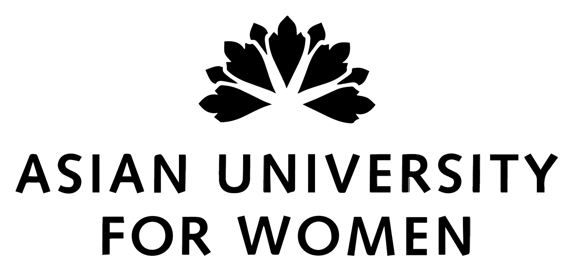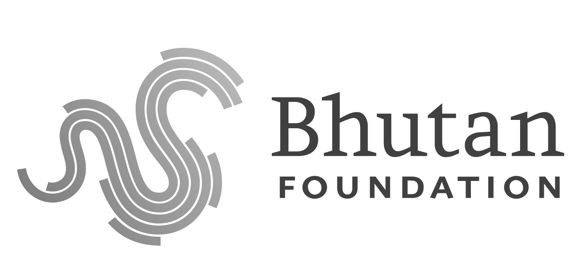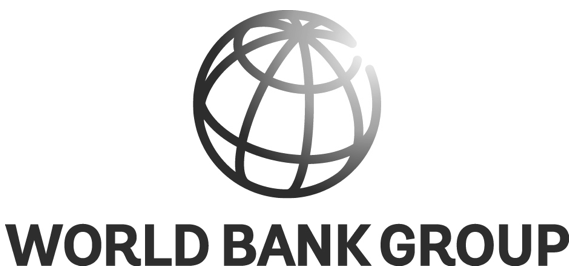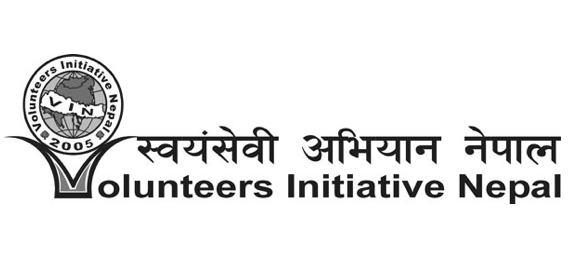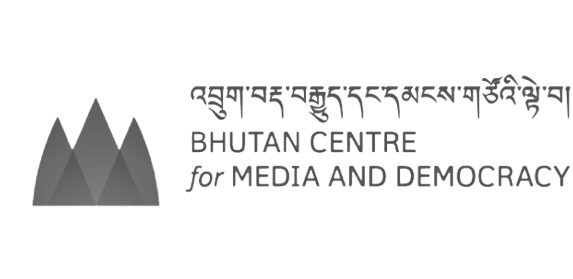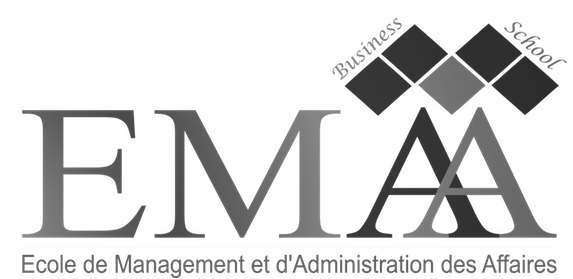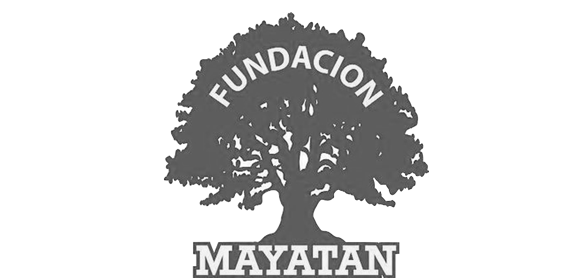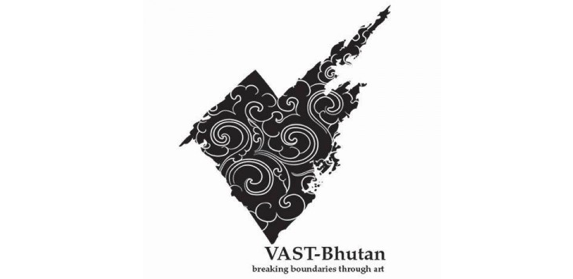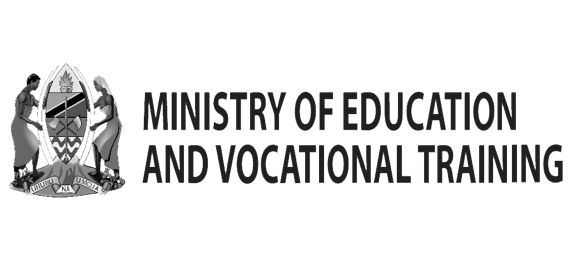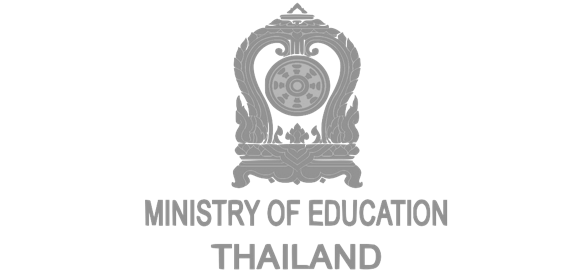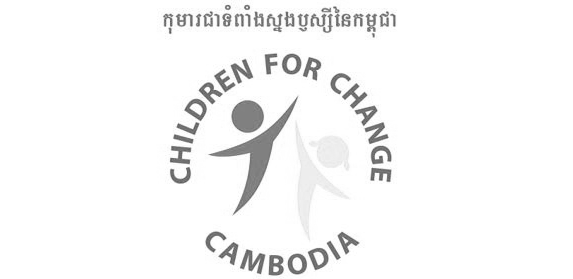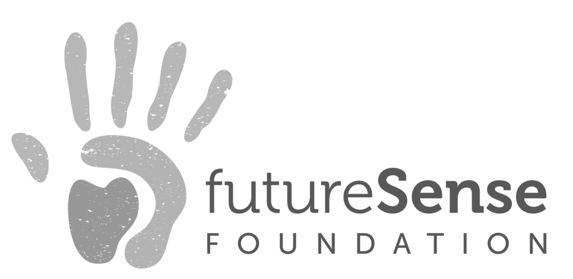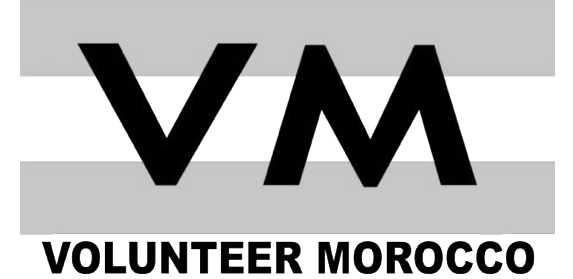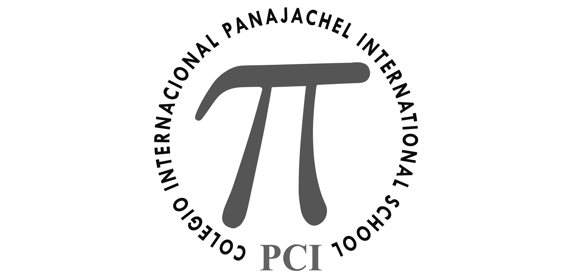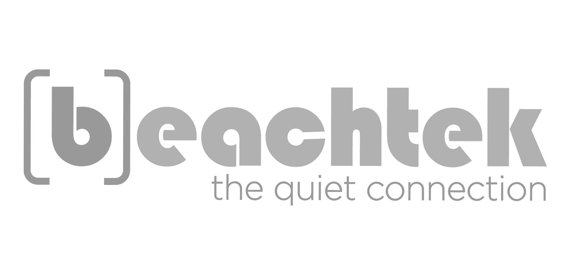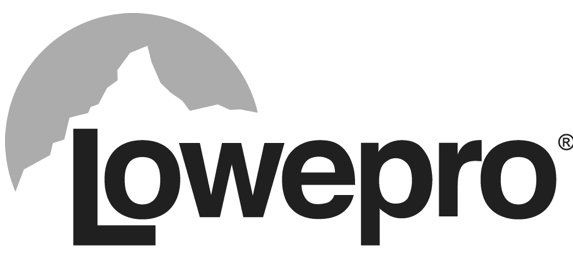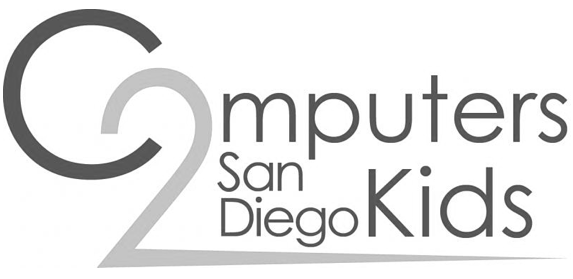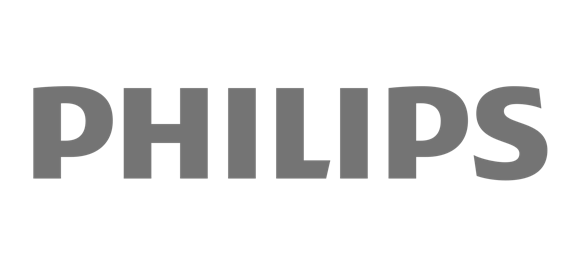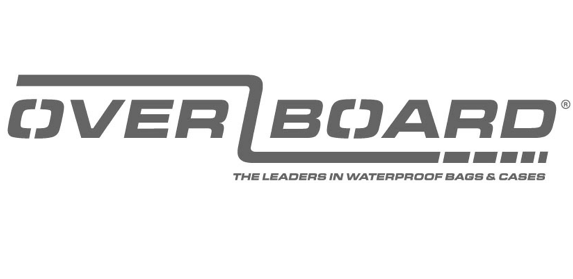Home / Fellowships
GLOBAL
FELLOWSHIPS
The FILMMAKERS WITHOUT BORDERS (FWB) fellowship program sends experienced filmmakers and educators around the world to teach filmmaking, media literacy, and technology skills to students from underserved communities. Fellowship placements are available across Africa, Asia, and Latin America.
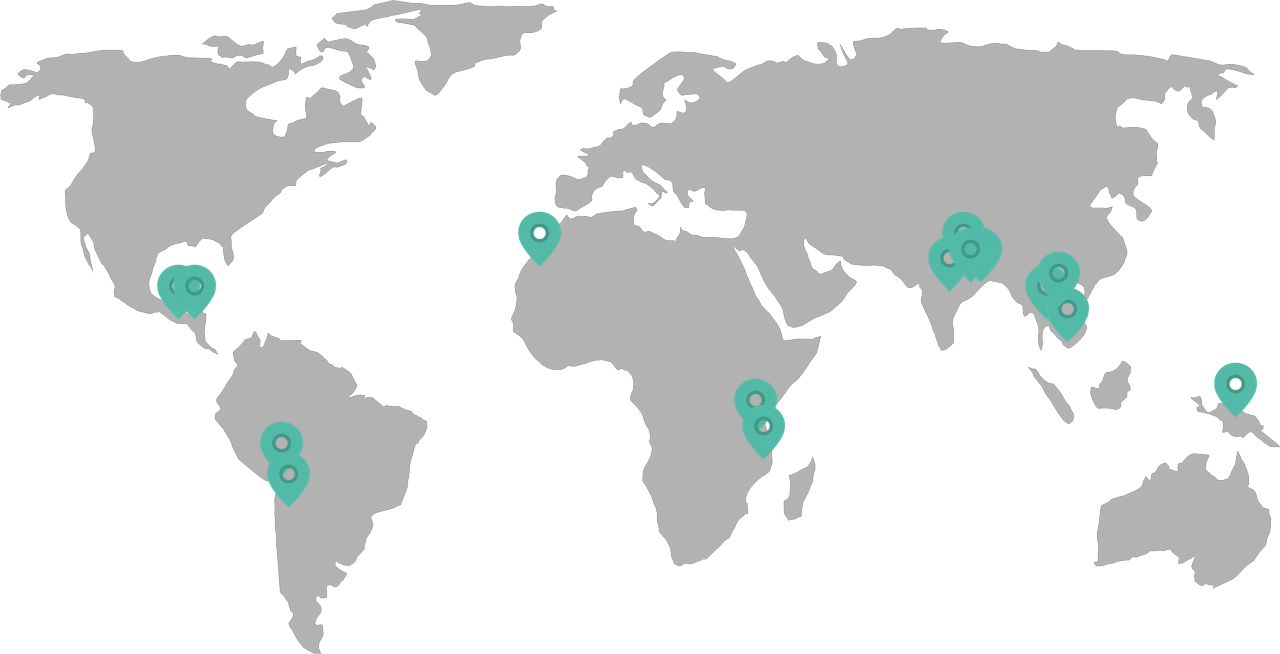
Overview
Introduction
- FILMMAKERS WITHOUT BORDERS (FWB) is a 501c3 nonprofit organization that is dedicated to empowering the next generation of digital storytellers. Through various grants, educational resources, and overseas fellowships, FWB provides youth from underserved communities with the technical training, media literacy skills, and digital tools to leverage the creative process as a means for interpreting their role in their society. FWB’s flagship fellowship provides funding, equipment, curriculum, and support for volunteer educators to teach filmmaking across Africa, Asia, & Latin America for 10-12 months – fully funded. Fellows teach on a daily basis and students create their own multimedia projects, develop team-building and leadership skills, and learn how to use technology to share their stories.
Goals & Objectives
- to empower the next generation of digital storytellers
- to connect communities and cultures with digital tools
- to harness the filmmaking process as a vehicle for cultural exchange
- to teach filmmaking to students from underserved communities
- to teach media literacy to students from underserved communities
- to teach technology skills to students from underserved communities
Core Duties
- Fellows live and work in an underserved community for 12 months.
- Fellows teach regularly-scheduled classes to local students on a daily basis (MTWThF).
- Fellows mentor local students and help them create their own multimedia projects.
- Fellows produce a creative portfolio that includes photography and video-based projects.
Eligibility Requirements
- Applicants from any country are encouraged to apply.
- Applicants should be highly flexible, mature, and have a genuine interest in teaching.
- Applicants should hold a Bachelor’s degree (in film studies/education or a related field).
- Applicants should have at least 2 years of film/media-related experience.
- Applicants should have a minimum of 6 months (cumulative) in/formal teaching experience.
- Applicants should be proficient in relevant digital technologies.
- Applicants should be able to provide samples of their work.
Fellowship Duration
- Most overseas fellowships are 12 months in length and are aligned with the host country’s academic calendar. Fellows teach during the fall and spring semesters and conduct specialized workshops during the summer session.
- Please note, short-term fellowships are not available.
FWB is committed to diversity and equality.
- FWB provides equal consideration for all qualified candidates. FWB does not discriminate on the basis of race, color, religion, creed, sex, sexual orientation, gender identity, national origin, ancestry, age, veteran status, disability unrelated to job requirements, genetic information, military service, or other protected status.
Funding & Logistics
All overseas fellowships are fully-funded.
- round trip international airfare included
- housing/accommodation (10 months – 12 months) included
- food (3 meals/day, 7 days/week, 52 weeks/year) included
- customized curriculum and lesson plans included
- classroom equipment (cameras, microphones, laptop, software, etc.) included
- additional educational resources included
- 24/7/52 support included
Flights & Transportation
- FWB provides all Fellows with round trip international airfare from their city of residence to their respective placement site. All flights include a luggage allowance.
- Local transportation to/from the teaching site is provided on a daily basis. This may be provided in the form of a school sponsored bus/shuttle or a cash stipend for local buses/taxis. Housing is located within walking distance of the teaching site whenever possible.
Meals & Accommodation
- All Fellows receive three meals per day for the full duration of the fellowship. These meals may be provided in various forms. In some countries, the meals are provided directly by the school or host organization. In other countries, a cash stipend is provided. All meals are commensurate with local standards.
- All Fellows are provided housing for the full duration of the fellowship. Housing varies from country to country and may be provided in any of the following forms: private/shared staff accommodation, a private/shared apartment, a local homestay. In all cases, Fellows are provided a private furnished bedroom. All accommodation includes running water, electricity, and internet access and is commensurate with local standards. All utilities are also included. Housing is located within walking distance of the teaching site whenever possible.
Communication & Support
- In addition to the day-to-day support provided by in-country partners, FWB utilizes a variety of online tools (email, GDrive, Skype) to communicate with overseas Fellows throughout the full duration of the fellowship. Each week, Fellows submit a variety of class reports, surveys, student work, photos, and videos to their designated FWB supervisor. The FWB supervisor then provides detailed written feedback to the Fellow on a weekly basis. Additionally, the Fellow and the FWB supervisor participate in a monthly video conference call.
Visas
- All Fellows receive support in obtaining visas for the full duration of the fellowship. Visa types and related procedures vary from country to country. In most cases, Fellows receive a work visa or a volunteer visa and official sponsorship from the in-country host organization/school. In some cases, visa runs are required. Please note that Fellows are responsible for obtaining their visas, securing all supporting documents, and covering all related costs.
Health & Safety
- FWB’s number one priority is the health and safety of participating Fellows. In-country orientation includes a thorough review of health and safety issues as well as practical information to enable Fellows to stay safe and well. Throughout the year, the host organization/school and community serve as a support system as Fellows navigate their new country. Although most of the countries where FWB works do not have medical facilities comparable to those in the United States or Europe, FWB avoids placing Fellows at sites that do not have access to adequate medical care.
- FWB assists Fellows in obtaining country-specific medical and emergency evacuation insurance. All Fellows are required to maintain a minimum standard of coverage for the full duration of the fellowship. Please note that Fellows are responsible for obtaining their insurance policy, securing all supporting documents, and covering all related costs.
Partners & Supporters
Partners & Collaborators
- FWB partners with a diverse range of nonprofit organizations, public schools, private schools, grassroots community organizations, educational foundations, and development organizations. Partners vary from year to year.
- Partnerships and collaborations have included the following institutions:
Donors & Supporters
- The global fellowship program is 100% donor supported. DONATE TODAY!
- Donors and supporters have included the following organizations:
Featured Fellows & Alumni
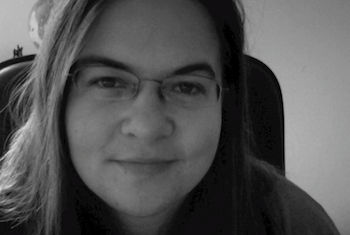
Tiffany Cone, PhD
Tiffany is an anthropologist and filmmaker who has experience conducting ethnographic fieldwork and producing educational documentaries in East Asia & the Pacific. | PhD Australian National University
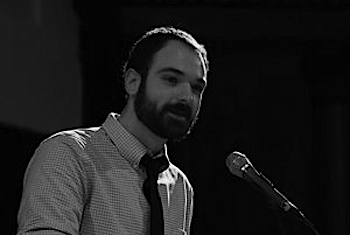
Nicholas Daniele
House manager and educator at the Maysles Documentary Center in New York City, Nick has years of experience overseeing youth media projects in the US and abroad. | BA Fordham University
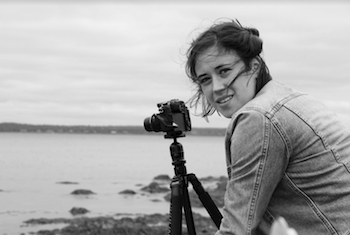
Jade Donaldson
Jade is an interdisciplinary artist and filmmaker whose love for art-making and cultural reflection through media is balanced by reverence for the natural and phenomenal world. | Dual BA/BFA Brown University & RISD
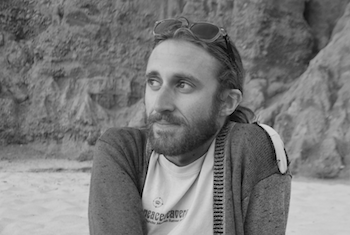
Alex Gaylon
Alex Gaylon is a filmmaker, teaching artist, and peaceweaver who has taught youth media to students through the Tribeca Film Institute and Manhattan Youth’s Filmmaking Intensives. | BA University of Wisconsin - Madison
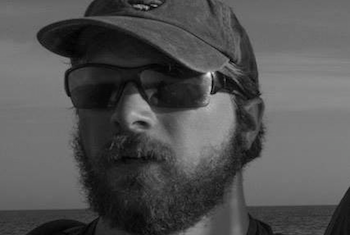
Jayce Hill
Jayce is an anthropologist, archaeologist, and filmmaker who has taught visual media and video production for the National Park Service's Southeast Archaeological Center. | BA Florida State University
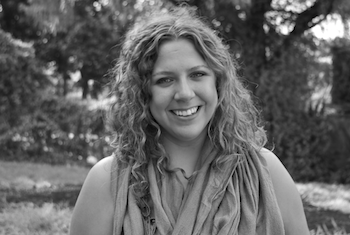
Alyssa McDonald
Alyssa McDonald is a multimedia journalist who has worked in newsrooms all around the world - from the coast of West Africa to the bustling streets of India to the vast Canadian prairies. | BA University of Winnipeg
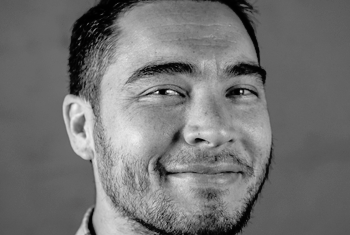
Kim Nguyen
Kim has worked throughout Asia, Europe, and Central America, as well as his home of Australia. His work addresses environmental issues, indigenous issues, health, & education. | MA Monash University
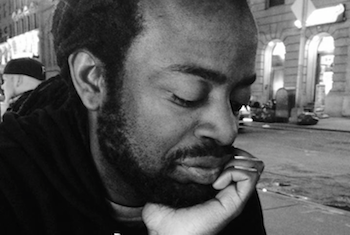
Kwame Philips, PhD
Having completed a PhD in Anthropology and Film & Media Studies from Emory University, Kwame has extensive experience creating and analyzing cooperatively-produced and subject-generated films. | PhD Emory University
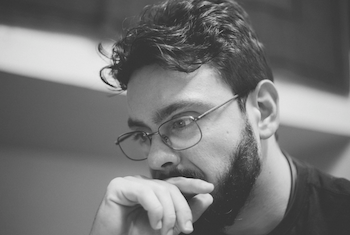
Pedro Ramos-Branco
Pedro is an artist, educator, and visual ethnographer who has taught media anthropology and material culture to university-level students in Brazil. | BA Universidade de Brasilia
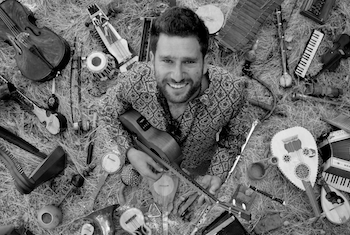
Jake Wachtel
Originally from Palo Alto, Jake is a musician, videographer, and educator whose work has been featured in the NY Times, WIRED Magazine, NPR, & MSNBC. | BA Stanford University
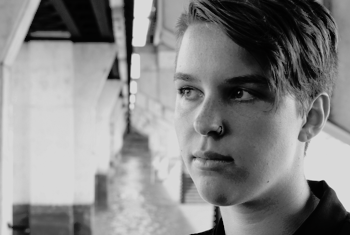
Sarah Waldron
Sarah is a filmmaker and activist who has experience teaching and filming in Bolivia, Ecuador, Thailand, & India. Her work centers on the intersections of race, gender and sexuality. | BA Brandeis University
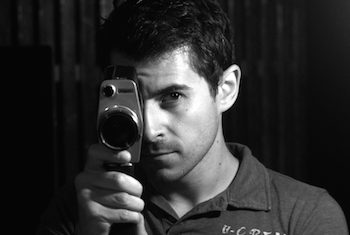
Ernie Zahn
Ernie is an independent producer/director/writer who has worked for Al Jazeera, Creative Commons, and Archive.org and has been a guest speaker at Yale & NYU. | BA University of Connecticut
WHERE WE WORK
FWB partners with an extensive network of schools and educational organizations across Africa, Asia, and Latin America. Fellowships are available in both urban cities and rural villages where Fellows regularly infuse local traditions and practices into their classrooms and creative projects. From the Himalayan mountains to the African bush, Fellows live and work in many of the world’s most vibrant and dynamic communities.
BANGLADESH
PROGRAM DATES:
August 202x – July 202x (TBD)
PRIORITY DEADLINE:
April 15, 202x (TBD)
FINAL DEADLINE:
May 15, 202x (TBD)
BHUTAN
PROGRAM DATES:
February 202x – January 202x (TBD)
PRIORITY DEADLINE:
September 15, 202x (TBD)
FINAL DEADLINE:
October 15, 202x (TBD)
BURMA
PROGRAM DATES:
August 202x – July 202x (TBD)
PRIORITY DEADLINE:
April 15, 202x (TBD)
FINAL DEADLINE:
May 15, 202x (TBD)
CAMBODIA
PROGRAM DATES:
August 202x – July 202x (TBD)
PRIORITY DEADLINE:
April 15, 202x (TBD)
FINAL DEADLINE:
May 15, 202x (TBD)
ECUADOR
PROGRAM DATES:
August 202x – July 202x (TBD)
PRIORITY DEADLINE:
April 15, 202x (TBD)
FINAL DEADLINE:
May 15, 202x (TBD)
GUATEMALA
PROGRAM DATES:
August 202x – July 202x (TBD)
PRIORITY DEADLINE:
April 15, 202x (TBD)
FINAL DEADLINE:
May 15, 202x (TBD)
HONDURAS
PROGRAM DATES:
August 202x – July 202x (TBD)
PRIORITY DEADLINE:
April 15, 202x (TBD)
FINAL DEADLINE:
May 15, 202x (TBD)
INDIA
PROGRAM DATES:
May 202x – April 202x (TBD)
PRIORITY DEADLINE:
December 15, 202x (TBD)
FINAL DEADLINE:
January 15, 202x (TBD)
INDONESIA
PROGRAM DATES:
August 202x – July 202x (TBD)
PRIORITY DEADLINE:
April 15, 202x (TBD)
FINAL DEADLINE:
May 15, 202x (TBD)
KENYA
PROGRAM DATES:
August 202x – July 202x (TBD)
PRIORITY DEADLINE:
April 15, 202x (TBD)
FINAL DEADLINE:
May 15, 202x (TBD)
MOROCCO
PROGRAM DATES:
August 202x – July 202x (TBD)
PRIORITY DEADLINE:
April 15, 202x (TBD)
FINAL DEADLINE:
May 15, 202x (TBD)
NEPAL
PROGRAM DATES:
August 202x – July 202x (TBD)
PRIORITY DEADLINE:
April 15, 202x (TBD)
FINAL DEADLINE:
May 15, 202x (TBD)
PERU
PROGRAM DATES:
August 202x – July 202x (TBD)
PRIORITY DEADLINE:
April 15, 202x (TBD)
FINAL DEADLINE:
May 15, 202x (TBD)
TANZANIA
PROGRAM DATES:
January 202x – December 202x (TBD)
PRIORITY DEADLINE:
July 15, 202x (TBD)
FINAL DEADLINE:
August 15, 202x (TBD)
THAILAND
PROGRAM DATES:
May 202x – April 202x (TBD)
PRIORITY DEADLINE:
December 15, 202x (TBD)
FINAL DEADLINE:
January 15, 202x (TBD)
IN THE CLASSROOM
FWB provides professional equipment, innovative curriculum, and engaging resources for use in all FWB classrooms. Fellows teach on a daily basis, helping students develop their critical thinking and collaboration skills through the creation of various multimedia projects. At the conclusion of the academic year, students produce a local film festival to showcase their work and share their ideas and perspectives with members of their community.
Curriculum
Methodology
- FWB embraces inquiry-based, project-based, and constructivist approaches to education.
- All FWB curriculum and classes are student-centered and student-driven.
- Cultural sustainability is a core component of the classroom experience.
Educational Standards
- The FWB Curriculum is developed by FWB’s team of licensed educators.
- The FWB Curriculum is directly aligned with the following educational standards:
- the International Society for Technology Education (Worldwide)
- the Common Core Curriculum (U.S. Department of Education)
- the Blueprint for the Moving Image (NYC Department of Education)
- the New Media Consortium (Worldwide)
- the American Anthropological Association‘s Code of Ethics (Worldwide)
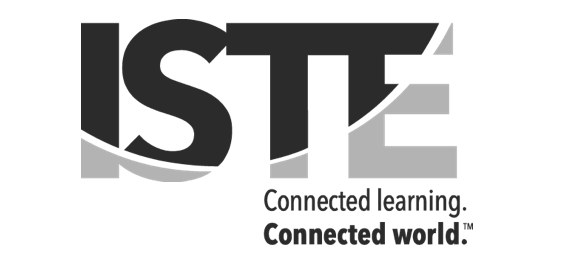
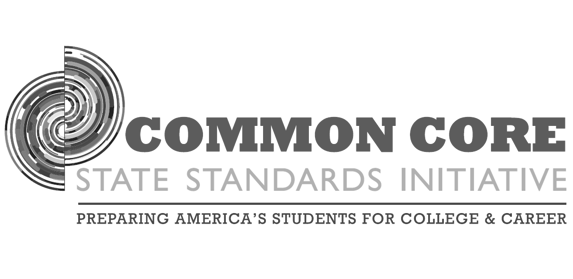
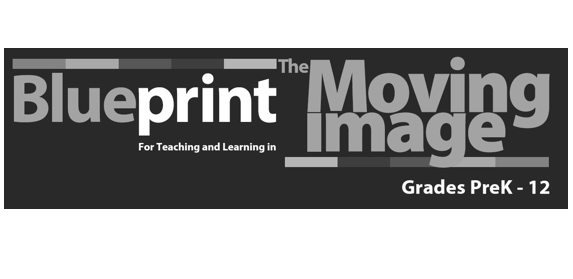
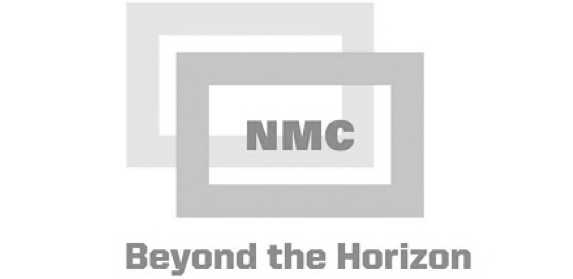
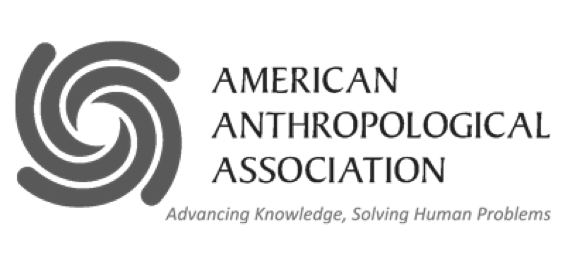
Skill Areas
- creativity
- collaboration
- critical thinking skills
- problem solving skills
- communication skills
- leadership skills
- presentation skills
- cultural exchange
Content Areas
- film/media history
- storytelling techniques
- animation
- digital photography
- storyboarding
- shooting & framing
- editing
- sound design
Student Projects
- photography projects
- short documentary films
- short narrative films
- PSAs/commercials/advertisements
- 2D/3D animation projects
- music video projects
- sound design projects
- interactive media projects
Teaching
Instruction
- Fellows utilize FWB’s curriculum, equipment, and educational resources to teach 3-4 class sessions per day (MTWThF). Students connect the theoretical implications and practical applications of technology.
- Each class session includes a combination of warm up activities, review, content delivery, class discussion, hands-on team-based projects, feedback, and reflection. Classes are active and engaging and students are up, out of their chairs, and collaborating with one another on a daily basis. Students use cameras, laptops, and other equipment on a daily basis.
Student Profile
- Age: 10 years old – 18 years old or university-level
- Grade Level: 5th grade – 12 grade or university-level
- Experience: Incoming students have a diverse range of experience with technology. Some use technology on a regular basis while others do not have access to technology in their daily lives. However, no previous experience or skill-level is required for students to participate. Each class is scaled to the appropriate level of experience.
Language
- Students’ English comprehension varies from classroom to classroom. In classrooms where students do not have advanced English skills, a local translator is provided. All classes are conducted in English.
Class Size
- All FWB classes enroll between 10-15 students (per class). Multiple class sessions are taught each day (MTWThF). In most cases, Fellows teach 3-4 sessions per day totaling ~50 students per day.
Facilities
- Classroom facilities vary greatly from country to country. In many cases, classrooms are limited to a basic chalkboard and bench seating while in other cases, classrooms are equipped with projectors, wifi internet access, and electrical outlets. FWB provides each classroom with an equipment kit that includes a portable projector, speakers, and a laptop.
Equipment
Each classroom is equipped with all of the following:
- 10+ pocket cameras
- DSLR camera
- tripod
- camera stabilizers
- short shotgun microphone
- lavalier microphones
- audio processor
- laptop
- editing software
- 1TB external hard drives
- portable projector (battery powered)
- protective hardcase
- various cables and accessories
Resources
Fellows are provided the following resources:
- lesson plans
- curriculum guides
- visual aids/handouts
- concept videos
- example materials
- language resources
CREATIVE PROJECTS
Student Projects
Students create the following projects throughout the academic year:
- photography projects
- short documentary films
- short narrative films
- public service announcement videos
- commercials/advertisements
- 2D animation projects
- 3D stop motion animation projects
- music video projects
- sound design projects
- interactive media projects
- map-based multimedia projects
Connected Classrooms
- Connected Classrooms is a collaborative filmmaking project linking two classrooms in different parts of the world. Students in different schools use email and other cloud-based technologies to virtually co-write, co-film, and co-edit a short film project over the course of a semester. Students work together online and learn about another culture and community through the filmmaking process. All Fellows and their students participate in a Connected Classrooms project.
Fellow Projects
All Fellows produce their own creative projects.
- In addition to making an impact in the classroom, FWB recognizes that Fellows are also accomplished artists. In an effort to maximize the Fellows’ year abroad, FWB provides the framework and benchmarks necessary to produce a variety of short film projects in their host community.
- Fellows produce a portfolio that includes all of the following:
- 250 hi-res photos
- 15 short video vignettes (1-2 minutes)
- 2 short film projects (5-8 minutes)
Fellows create content for their host school/organization.
- FWB is committed to giving back to the communities in which it works. This includes providing professional video content to FWB’s partner schools and organizations. From interviews outlining a school’s mission to fundraising videos used for grant applications, Fellows create a series of short videos that highlight the respective partner organization’s impact.
- 1 recruitment video (3-5 minutes)
- 1 event video (3-5 minutes)
- 1 fundraising video (3-5 minutes)
Screenings & Festivals
Community Screenings
- At the conclusion of each fellowship, Fellows and their students produce a local screening event to showcase the students’ film projects to friends, family members, neighbors, and other members of the local community. Students introduce their films, discuss the filmmaking experience, and participate in Q&A sessions with local audiences.
Youth Film Festivals
- FWB provides funding for participating students and recent graduates to submit their student projects to youth/student film festivals and film competitions around the world. FWB pays all related submission fees.
- Students’ film projects have won multiple awards from Connect Her’s “Girls Impact The World” Film Festival, World Vision’s Youth Film Contest, and more.
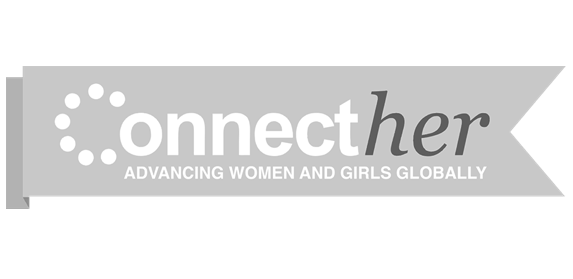
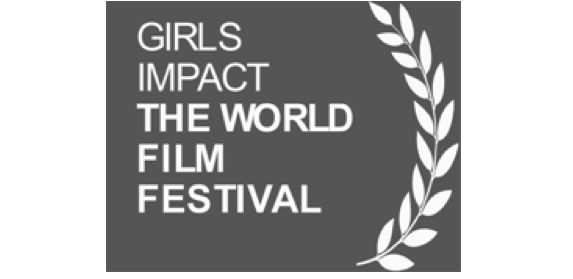
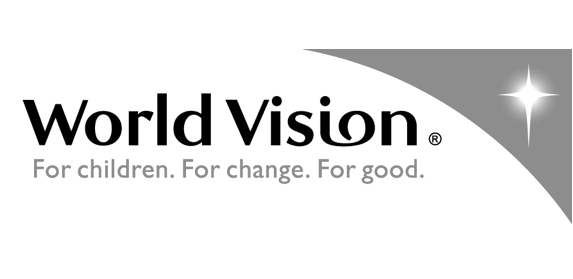
International Film Festivals
- FWB provides funding for participating Fellows to submit their creative projects to international film festivals around the world. FWB pays all film festival submission fees.
- Fellows’ film projects have been accepted to such renowned festivals as the Cannes Film Festival’s Court Métrage, the Dhaka Independent Short Film Festival, and the Royal Anthropological Institute Film Festival.
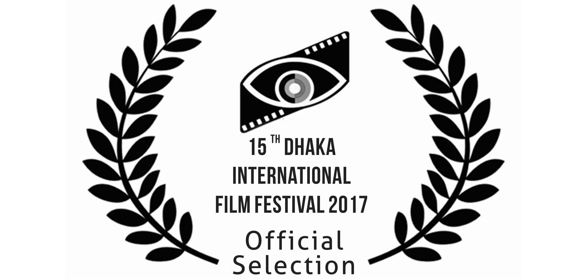
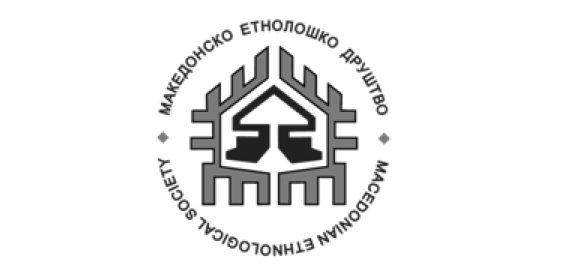
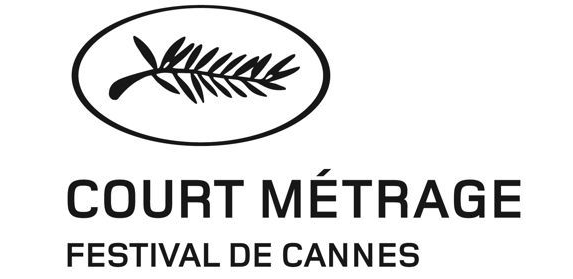
HOW TO APPLY
FWB recruits experienced filmmakers, artists, educators, anthropologists, and technologists from around the world to teach in underserved classrooms for one year. The admissions process is designed to showcase applicants’ storytelling strengths, their commitment to sharing their skills, and their dedication to cultural exchange.
All applicants complete an online application and submit a variety of supporting materials including a video essay. The video essay is an opportunity for Fellows to introduce themselves, highlight their experiences, and describe why they are excited about participating in the FWB global fellowship.
Admissions Process
How to Apply
- Prepare all supporting materials
- Submit an online application
- Submit the online application fee ($45 USD)
Application Fee Waivers
- Please note that Peace Corps, VSO & the ICS Network, UN Volunteers, Teach For America, City Year, and Americorps alumni are eligible to receive an application fee waiver. Please review the online application for more details.
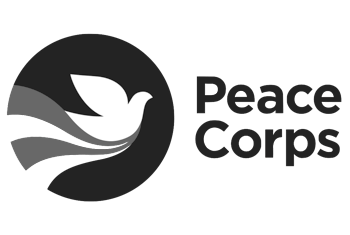
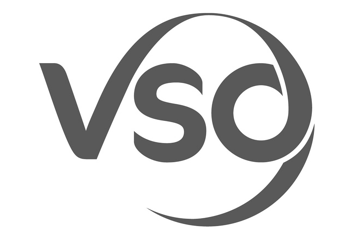
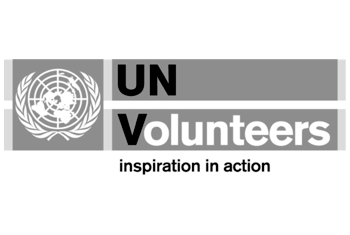
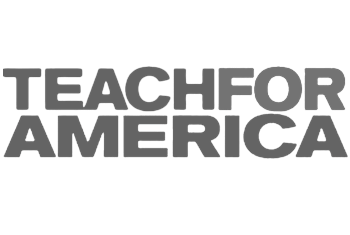
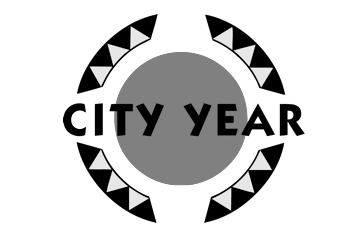
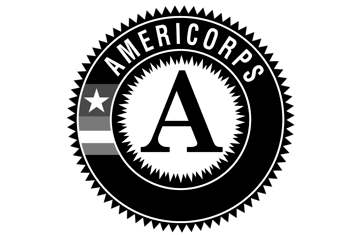
Interviews
- After an application has been successfully reviewed, qualified candidates are then invited to telephone/Skype interviews with various members of FWB. Each interview focuses on a different aspect of the fellowship. Candidates are also required to complete mini-assignments between each interview.
Timeline
- Upon successful submission of 1. the online application, 2. the application fee, and 3. all supporting materials, the candidate’s application will then be forwarded to the relevant admissions committee for initial review. The review process can take between 2 – 6 weeks from the respective application deadlines (Priority or Final) depending on the application cycle and number of applications being processed. After initial review, successful applicants are then contacted to arrange a series of telephone/Skype interviews with various members of FWB.
- Unsuccessful applicants are generally notified of their application status within 6 weeks of the relevant application deadline.
- Successful applicants generally receive final offers of admission about 2-3 months after the relevant application deadline.
Supporting Materials
Supporting Materials
- Submit an updated CV/resume
- Submit two reference letters from former/current employers or professors
- Submit a link to work samples, previous projects, or a portfolio
- Submit a 3-5 minute video essay outlining your background and interest in the program. This video is intended to be creative and to showcase your personality and technical skills. It may be filmed on a DSLR, pocket camera, or other comparable camera but should include an edited combination of all of the following:
- the applicant speaking directly to camera
- voice over narration
- photos
- b-roll footage
- text elements
- Submit a lesson plan based on the following parameters: 90 minute class session, 15 students (10 boys/5 girls), 12 years old, very limited English, underserved background, no adult translator, no electricity in classroom, 10 Kodak Playsport Cameras, 1 laptop, Adobe Premiere Pro, 1 mini-projector (battery powered), paper, pencils. The lesson plan should include 1. a clearly defined learning goal, 2. description of a hands-on activity, 3. two examples of media resources (videos, images, etc.), 4. preparation required, 5. materials required, and 6. a reflection/discussion question. You may design the lesson plan any way you like.
- Submit three short-answer essays responding to the following questions:
- How does filmmaking empower underserved youth? (1-2 pages)
- How do your previous experiences make you the best candidate for a particular country’s program? (1-2 pages)
- Please provide a description of previous formal/informal teaching experiences (minimum 6 months) and what skills you plan to utilize in order to effectively teach in an underserved overseas classroom. (1-2 pages)
Dates & Deadlines
Program Dates & Application Deadlines
- BANGLADESH:
- Program Dates: TBD
- Priority Deadline: TBD
- Final Deadline: TBD
- BHUTAN:
- Program Dates: TBD
- Priority Deadline: TBD
- Final Deadline: TBD
- BURMA:
- Program Dates: TBD
- Priority Deadline: TBD
- Final Deadline: TBD
- CAMBODIA:
- Program Dates: TBD
- Priority Deadline: TBD
- Final Deadline: TBD
- ECUADOR:
- Program Dates: TBD
- Priority Deadline: TBD
- Final Deadline: TBD
- GUATEMALA:
- Program Dates: TBD
- Priority Deadline: TBD
- Final Deadline: TBD
- HONDURAS:
- Program Dates: TBD
- Priority Deadline: TBD
- Final Deadline: TBD
- INDIA:
- Program Dates: TBD
- Priority Deadline: TBD
- Final Deadline: TBD
- INDONESIA:
- Program Dates: TBD
- Priority Deadline: TBD
- Final Deadline: TBD
- KENYA:
- Program Dates: TBD
- Priority Deadline: TBD
- Final Deadline: TBD
- MOROCCO:
- Program Dates: TBD
- Priority Deadline: TBD
- Final Deadline: TBD
- NEPAL:
- Program Dates: TBD
- Priority Deadline: TBD
- Final Deadline: TBD
- PERU:
- Program Dates: TBD
- Priority Deadline: TBD
- Final Deadline: TBD
- TANZANIA:
- Program Dates: TBD
- Priority Deadline: TBD
- Final Deadline: TBD
- THAILAND:
- Program Dates: TBD
- Priority Deadline: TBD
- Final Deadline: TBD
Empower the next generation of digital storytellers Apply Today
FAQs
General Questions
What is the FWB Global Fellowship?
- FILMMAKERS WITHOUT BORDERS (FWB) is a 501c3 nonprofit organization that is dedicated to empowering the next generation of digital storytellers. Through various grants, educational resources, and international fellowships, FWB provides youth from underserved communities with the technical training, media literacy skills, and technology to leverage the creative process as a means for interpreting their role in their society. FWB’s flagship fellowship provides funding, equipment, curriculum, and support for volunteer educators to teach filmmaking across Africa, Asia, & Latin America for 10-12 months – fully funded. Fellows teach on a daily basis and students create their own multimedia projects, develop team-building and leadership skills, and learn how to use technology to share their stories.
Where do Fellows work?
- Fellows live and work in underserved communities across Africa, Asia, and Latin America. Cities vary from year to year.
- Fellowships are currently available in the following countries:
- Bangladesh
- Bhutan
- Burma
- Cambodia
- Ecuador
- Guatemala
- Honduras
- India
- Indonesia
- Kenya
- Morocco
- Nepal
- Peru
- Tanzania
- Thailand
What is the fellowship duration?
- All fellowships are 12 months in length unless otherwise indicated.
Does FWB offer any short-term fellowships?
- FWB does not currently offer any short-term fellowships.
In which cities and villages do Fellows work?
- Fellows are placed across a variety of cities and villages in each respective country and placement locations can vary from year to year depending on the specific needs of FWB’s partner schools. Applicants should be prepared to teach in a number of different contexts within their selected country. Details relating to the partner school, and therefore the placement city, are provided during the interview process.
With which partner school/organization will I be placed?
- As partner schools and organizations can vary from year to year, candidates will be matched with a partner organization that best suits their individual strengths. The details of the placement site will be provided to applicants during the interview process.
Admissions
Who should apply?
- FWB encourages filmmakers, artists, educators, anthropologists, and technologists to apply.
When are the application deadlines?
- Each country program has its own unique application deadline. Applicants may find more detailed information above.
I’m not from the U.S., can I still apply?
- Yes, FWB accepts applications from citizens of any country.
What is the difference between the Priority admissions deadline and the Final admissions deadline?
- Each fellowship has two application deadlines: Priority and Final. Those applications received by the Priority deadline will receive priority consideration. Applications received by the Final deadline will be considered after all Priority deadline applications have been reviewed. FWB may fill the open positions with candidates who meet the Priority deadline before the Final deadline submission period is closed. All interested applicants should apply as early as possible.
I missed the Final application deadline, can I still apply?
- Completed applications and supporting materials must be received by the Final application deadline.
When will I receive an admissions decision?
- Upon successful submission of 1. the online application, 2. the application fee, and 3. all supporting materials, the candidate’s application will then be forwarded to the relevant admissions committee for initial review. The review process can take between 2 – 6 weeks from the respective application deadlines (Priority or Final) depending on the application cycle and number of applications being processed. After initial review, successful applicants are then contacted to arrange a series of telephone/skype interviews with various members of FWB.
- Unsuccessful applicants are generally notified of their application status within 6 weeks of the relevant application deadline.
- Successful applicants generally receive final offers of admission about 2-3 months after the relevant application deadline.
Can I apply to more than one program?
- Yes, applicants are welcome to apply to be considered for more than one program. However, you will need to submit a separate application for each of the country programs. Applicants should pay special attention to the short answer essays and ensure that they submit country-specific rationales for why they are the best candidate for each country’s program.
How do I pay the application fee?
- Click HERE to pay the application fee.
I don’t have a Bachelor’s degree. May I still apply?
- Due to visa requirements and related policies, FWB is only able to offer positions to candidates who have earned a BA degree from an accredited university.
In The Classroom
What topics do Fellows teach?
- film/media history
- storytelling techniques
- animation
- digital photography
- storyboarding
- shooting & framing
- editing
- sound design
Do I need to speak the local language?
- No, all classes are conducted in English. While students’ English comprehension varies from classroom to classroom, a local translator is provided in classrooms where students do not have advanced English skills.
What grade levels do Fellows teach?
- Fellows teach a variety of K-12 and/or university students depending on the individual needs of the partner school. In most cases, Fellows teach students between the ages of 11 years old and 18 years old (6th grade – 12th grade). In some cases, Fellows teach university-aged students. Applicants are provided with the details of the specific placement site during the interview process.
Creative Projects
What projects do students produce throughout the academic year?
- photography projects
- short documentary films
- short narrative films
- public service announcement videos
- commercials/advertisements
- 2D animation projects
- stop motion animation projects
- music video projects
- sound design projects
- interactive media projects
- map-based multimedia projects
What are some topics Fellows explore in their weekly video vignettes?
- local community
- historical locations
- interesting people
- cultural traditions
- musical performances
- day in the life

